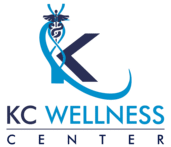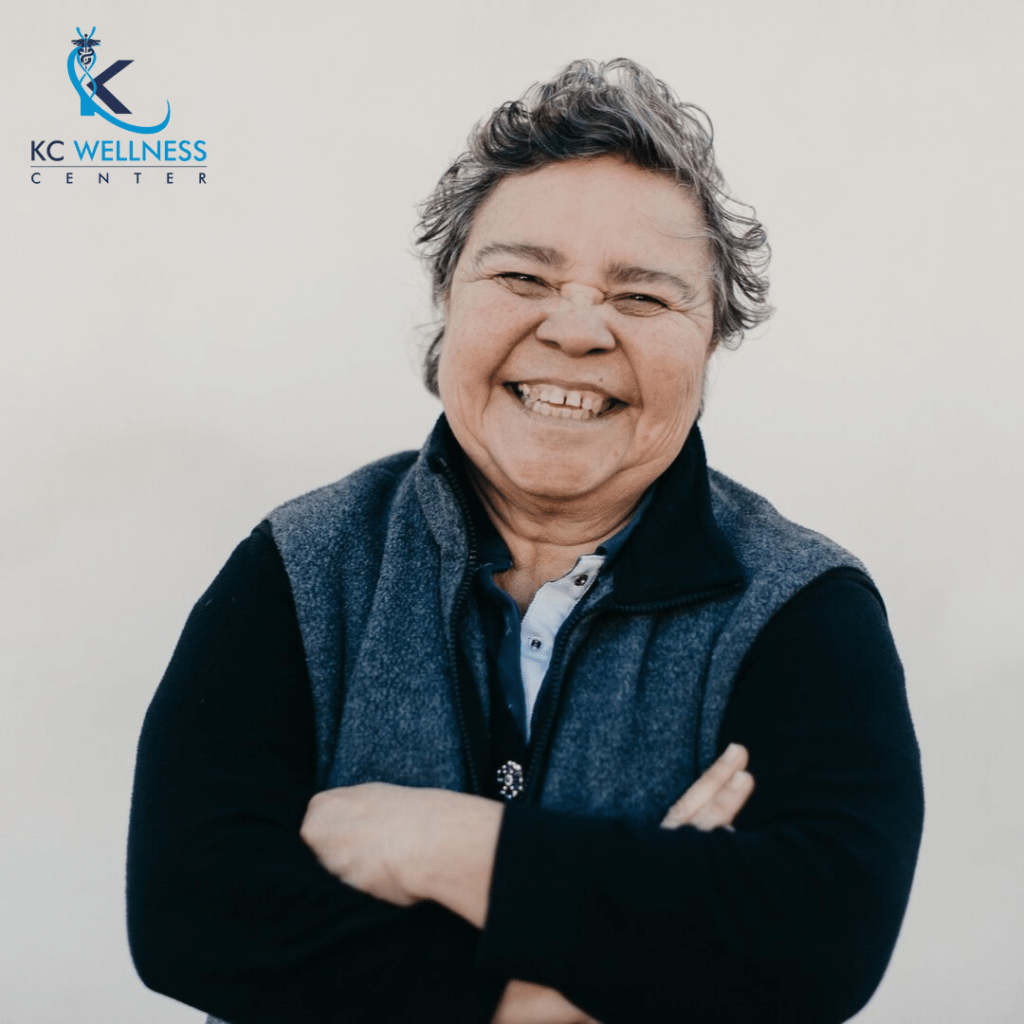Menopause — defined by MedicineNet as the cessation of menstrual periods for 12 consecutive months — causes a decline in the body’s estrogen and progesterone levels. Because estrogen acts as a natural protector and defender of bone strength, the lack of this hormone can contribute to the development of osteoporosis. Thankfully, healthy lifestyle choices can help strengthen bones and reduce the risk of fractures. Read on to learn more about the connection between menopause and bone health, as well as a few ways to help prevent bone deterioration.
Osteoporosis and Its Symptoms
According to Healthline, your body creates more bone than it loses until around age 30. After that, bones begin to break down more rapidly than they develop, leading to a gradual loss of bone mass. The North American Menopause Society reports that osteoporosis — a loss of bone strength that only speeds up during menopause — is usually the result of hormonal changes, aging or a deficiency in calcium or vitamin D. While osteoporosis is typically associated with brittle bones and fractures, your dental health can also be impacted. With bone loss, the tooth sockets in your jaw can deteriorate, leading to receding gums and exposed roots. This makes you more sensitive to the cold, which can lead to aching gums.
Treatment Options
While there’s no way to prevent the body’s bone-thinning process that comes with age, these five steps can help prevent bone deterioration:
-
- Boost your calcium intake: Calcium can help to build and maintain strong bones. The National Institutes of Health (NIH) recommends that people ages 19 to 50 get 1,000 milligrams (mg) of calcium every day. Women over 50 and all adults over 70 should get at least 1,200 mg of calcium each day. Dairy products, kale and broccoli are all rich sources of calcium.
- Get plenty of vitamin D: Vitamin D is important for healthy bones since your body can’t properly absorb calcium without it. According to the NIH, people ages 19 to 70 should get at least 600 international units (IU) of vitamin D every day. People over 70 should increase their daily vitamin D to 800 IU. Fatty fishes like salmon or mackerel — along with foods like milk and cereal that often have vitamin D added — are good sources of this nutrient. Sun exposure is also a great, natural way to soak up some vitamin D.
- Add weight-bearing exercise to your fitness routine: The benefits of exercise are far-reaching. Physical activity helps to make bones stronger, prevent bone loss and speed up recovery in the event of a bone break. Walking, jogging, dancing and aerobics are all great examples of weight-bearing exercises.
- Take good care of your teeth: Follow your dentist’s advice about flossing, brushing and rinsing, and be sure to go in for regular dental checkups.
- Bioidentical hormone replacement therapy: Bioidentical hormone replacement therapy (BHRT) can help prevent bone loss caused by the decreased levels of estrogen that occur during perimenopause and menopause.
Bioidentical hormone replacement therapy (BHRT) can also help treat other symptoms of menopause, including hot flashes, night sweats and mood swings. To learn more about BHRT at KC Wellness Center or to schedule an appointment, call us at 816-214-5276 or visit our website today.

Dr. Rahul Kapur, M.D. is a board-certified family medicine physician with a dedicated passion for integrative medicine and a deep knowledge of functional medicine. He was named intern of the year at Wesley Medical Center in Wichita, KS, and has been practicing as a hospitalist for over a decade. He has successfully helped many patients in Kansas City with his specialized IV bags, ketamine therapy, hormone optimization and weight loss therapy methods.


